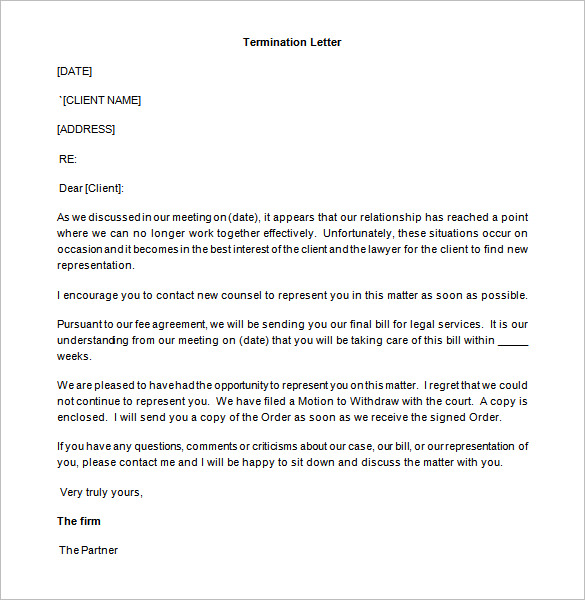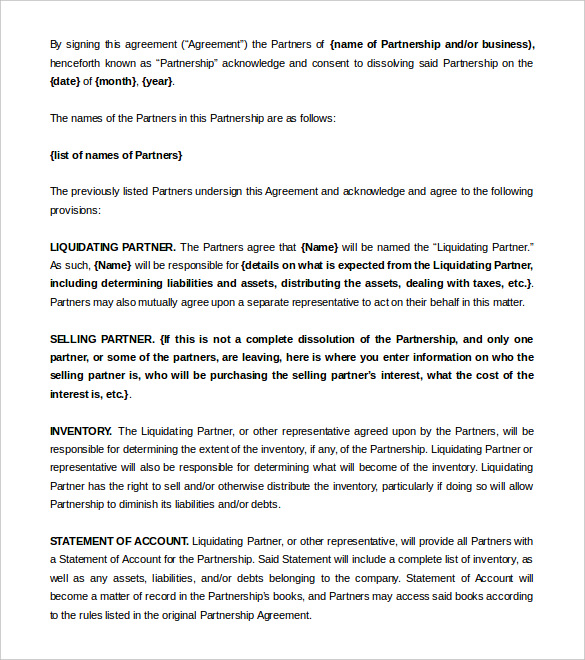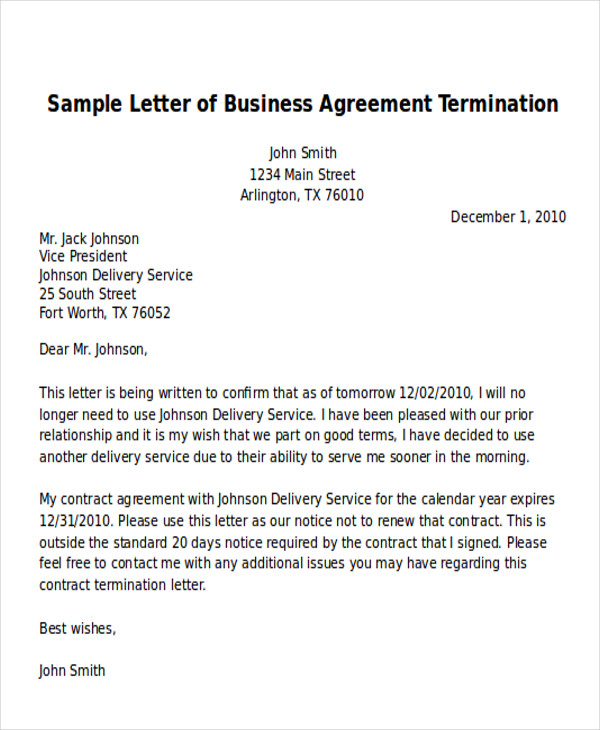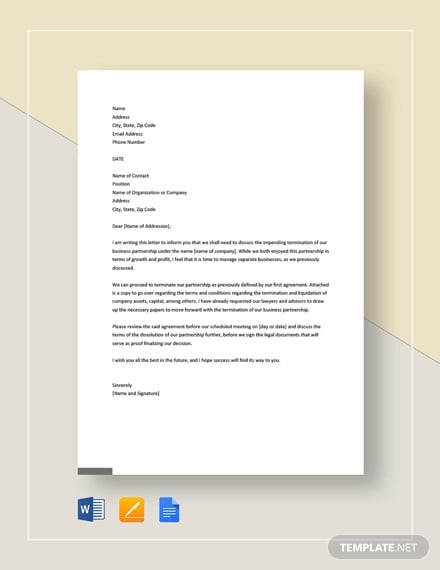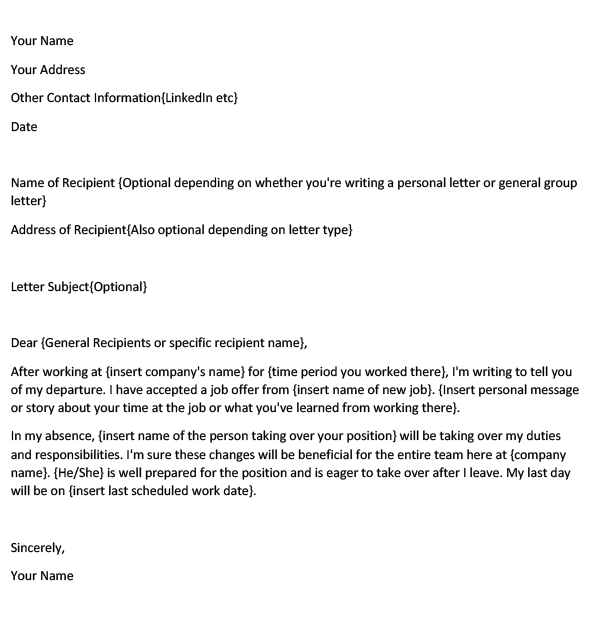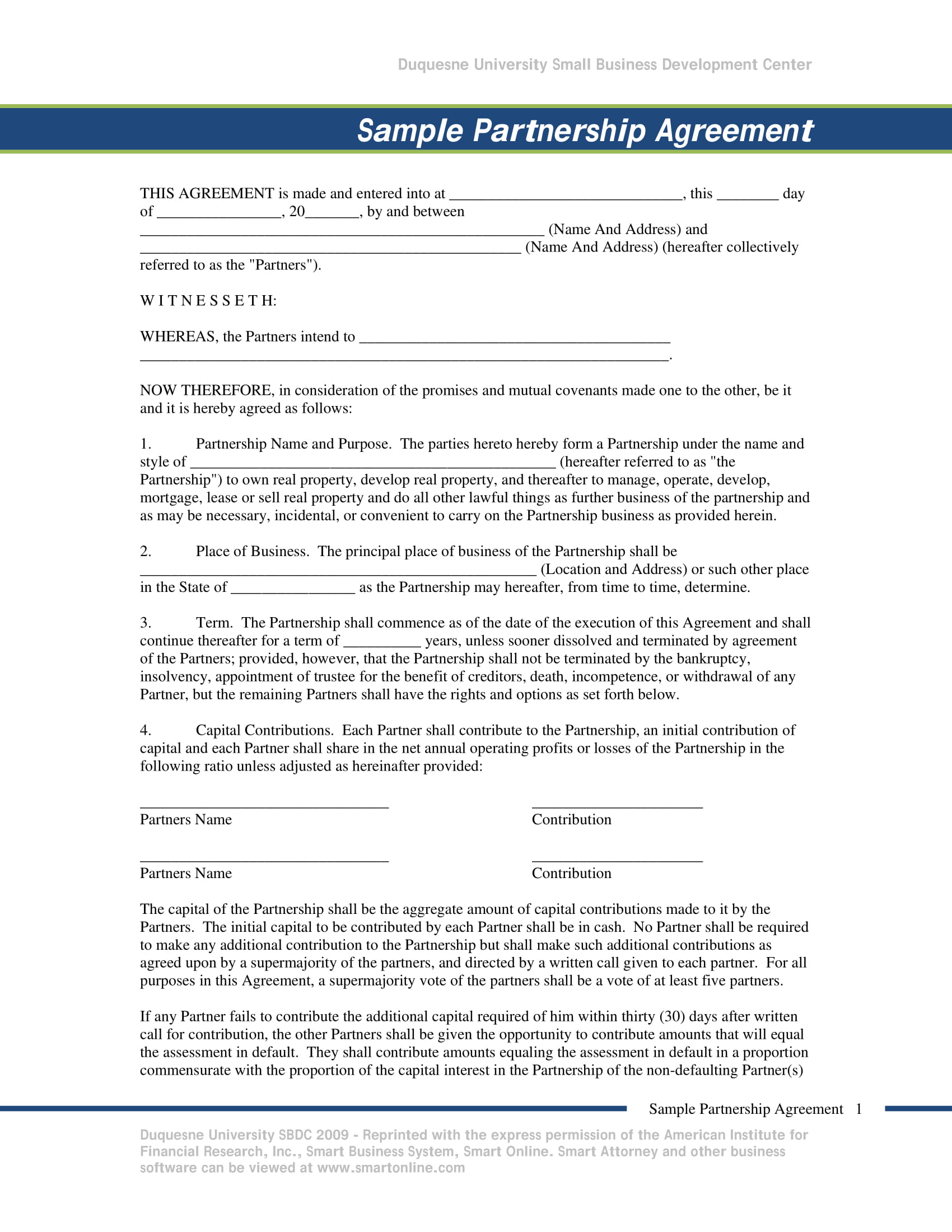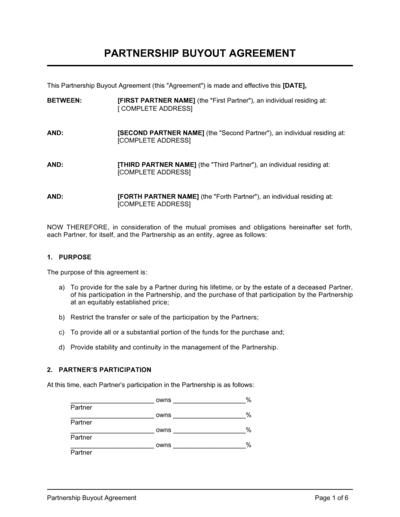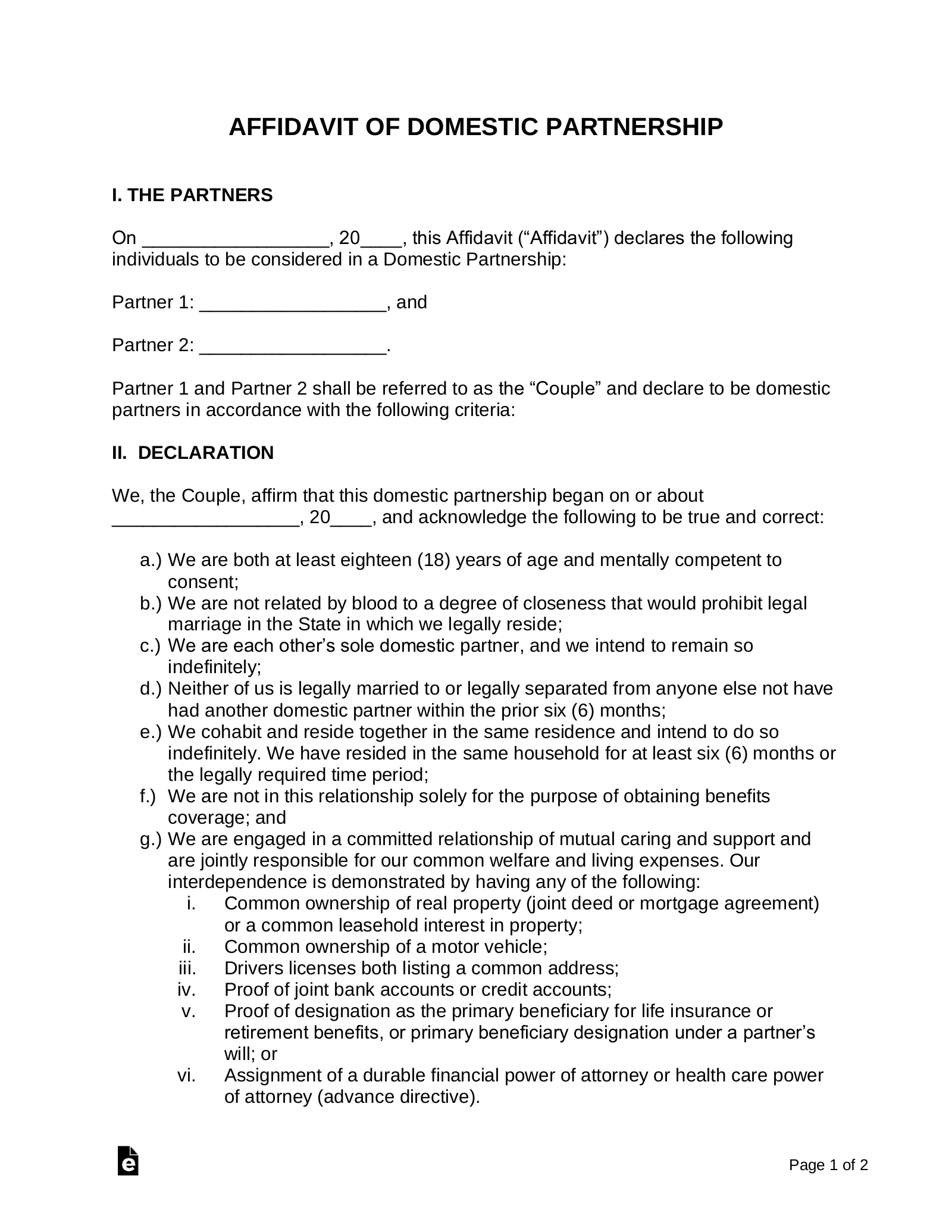How To Force A Partner Out Of Business

Business partnerships can sour, leading to contentious battles for control. This report outlines aggressive tactics, though ethically questionable, that some individuals employ to oust their partners from a shared venture.
Understanding the Landscape
Navigating a business partnership breakup can be fraught with legal and financial complexities. The information presented is for informational purposes only and should not be considered legal advice.
Exploiting Partnership Agreement Loopholes
A poorly drafted partnership agreement can be a goldmine for someone seeking to force out a partner. Look for ambiguities related to decision-making, capital contributions, or exit strategies. Example: A clause requiring unanimous consent can be weaponized to block initiatives and create deadlock.
Financial Squeeze
One common tactic involves deliberately impacting the business's cash flow. This can be achieved by delaying payments to vendors, taking out excessive loans, or diverting funds to personal accounts. The goal is to make it financially unsustainable for the partner to remain.
Operational Sabotage
Disrupting day-to-day operations is another method employed by some. This could involve undermining the partner's authority, refusing to cooperate on projects, or spreading misinformation among employees. The intended outcome is to make the partner's work environment unbearable.
Legal Maneuvering and Lawsuits
Filing frivolous lawsuits against the partner can drain their resources and time. Even if the lawsuits are ultimately unsuccessful, the legal fees and stress can be debilitating. Defamation or breach of contract claims, however unfounded, can put immense pressure on the targeted partner.
Diluting Ownership
If the partnership agreement allows, issuing new shares of stock (in a corporation) or membership interests (in an LLC) can dilute the partner's ownership percentage. This effectively reduces their control and influence within the company.
Creating a Hostile Work Environment
Some individuals resort to creating a hostile work environment to force their partner to resign. This can involve harassment, intimidation, or discrimination. Such actions are illegal and can expose the instigator to significant legal liability.
Taking Key Clients or Employees
Secretly soliciting the business's key clients or employees to leave and join a competing venture is a drastic, but sometimes used, tactic. This can severely damage the business's prospects and leave the partner with little choice but to exit.
The Importance of Legal Counsel
It is absolutely crucial to consult with an experienced business attorney before attempting any of these tactics. A lawyer can advise on the legality and potential consequences of such actions. Moreover, a lawyer can help negotiate a fair exit strategy that minimizes risk and protects your interests.
Ongoing Developments
Several lawsuits involving partnership disputes are currently underway across the country. These cases highlight the complexities and potential pitfalls of business partnerships gone wrong. Stay informed about legal precedents and best practices for managing partnership agreements.




